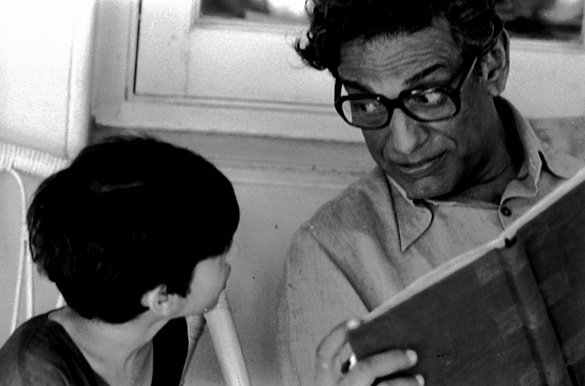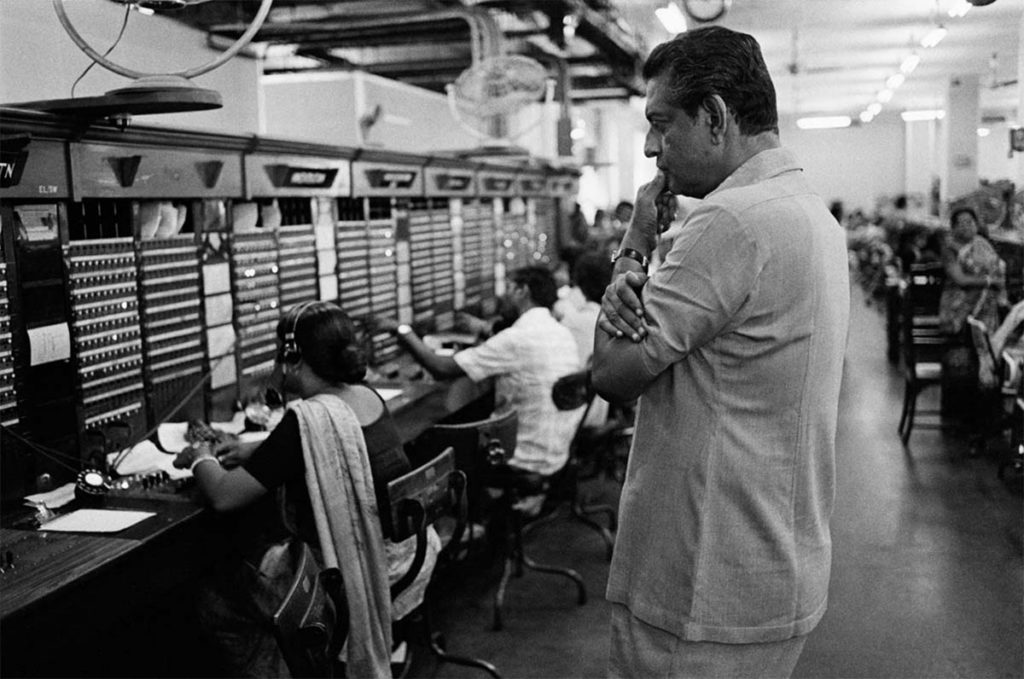Pikoo (Pikoo's Day)
1980, India. Short, 26 mins., Color
Summary
This short film presents a day in the life of a six year old child in Calcutta, who lives shut up in the family home, insulated from the city by a park. The father is away at work. The grandfather is alone in his room, ill and confined to his bed. The mother receives her lover. The child attempts to amuse himself, registers everything in silence before hiding out in the garden where he begins to make drawings of the various flowers. The film ends with his question, addressed to his mother, in the arms of her lover: “Shall I use black crayon to draw a white flower?”
Comments
Pikoo is a very complex film. It is a poetic statement which cannot be reduced to concrete terms. One statement the film tries to make is that, if a woman is to be unfaithful, if she is to have an extramarital affair, she can't afford to have soft emotions towards her children, or, in this case, her son. The two just don't go together. You have to be ruthless. Maybe she's not ruthless to that extent. She's being very Bengali. A European in the same circumstances would not behave in the same way.

Satyajit Ray
in an interview to Cineste magazine
Credits | |
| Producer: | Henri Fraise (FR3) |
| Screenplay & Direction: | Satyajit Ray, based on the short story: ‘Pikur Diary’ by Satyajit Ray |
| Cinematography: | Soumendu Roy |
| Editing: | Dulal Dutta |
| Art Direction: | Ashoke Bose |
| Sound: | Robin Sen Gupta |
| Music: | Satyajit Ray |
Cast | |
| Pikoo: | Arjun Guha Thakurta |
| Seema, Pikoo’s mother: | Aparna Sen |
| Ranjan: | Soven Lahiri |
| Granfather Loknath: | Promod Ganguli |
| Uncle Hitesh: | Victor Banerjee |

